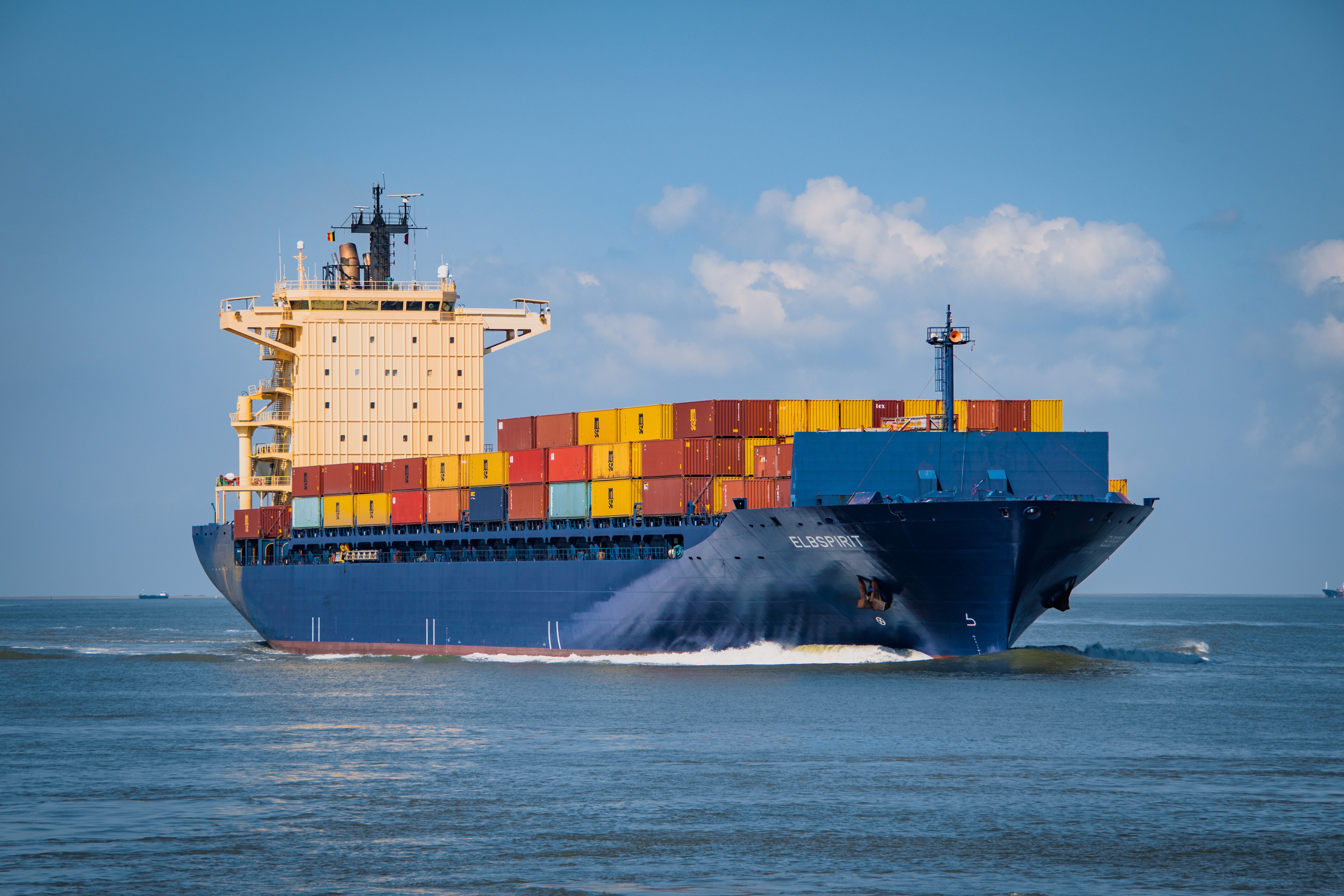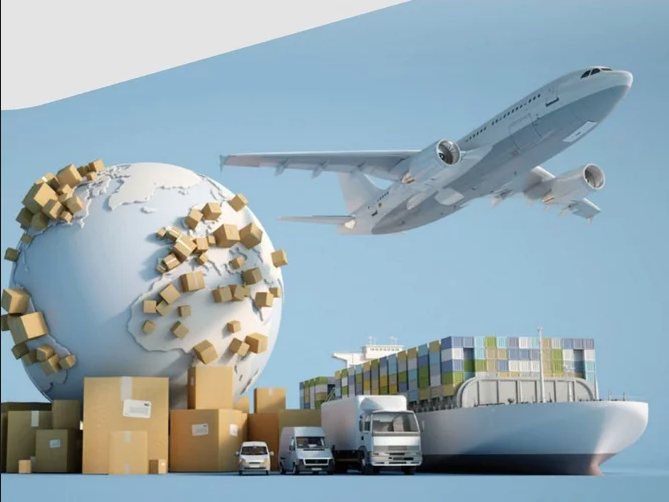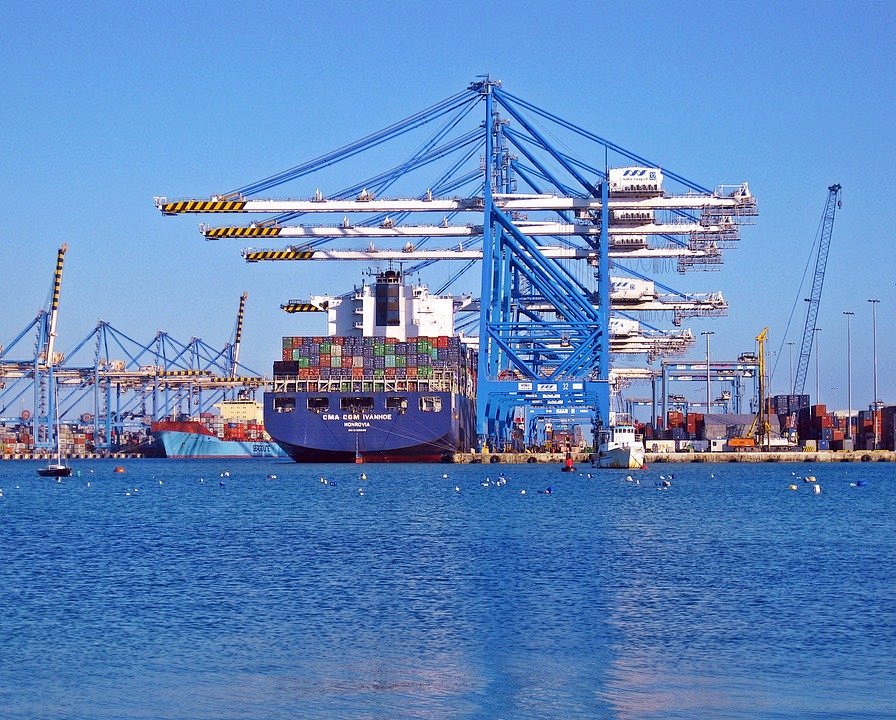International logistics transportation costs involve multiple key factors, including but not limited to cargo weight, volume, transportation distance, transportation mode, tariffs, and taxes. The detailed explanation is as follows:
1. Weight of goods
Billing weight: usually divided into Gross Weight and Volumetric Weight. Air transportation usually calculates costs based on the larger of the two.
Gross weight: The actual weight of the goods, including packaging materials.
Volume weight: The weight converted based on the volume of the goods, usually using the formula: Volume weight=Volume (cubic meters) x 167 kilograms (by air) or Volume (cubic meters) x 1000 kilograms (by sea).
2. Volume of goods
Volume: The product of the length, width, and height of goods, usually calculated in cubic meters (m ³). Light goods with large volumes may be charged based on their volumetric weight.
3. Transportation distance
Distance: The longer the distance from the origin to the destination, the higher the cost usually. Transportation routes in different countries and regions may have different rates.
4. Transportation mode
Ocean Freight: Low cost, suitable for bulk cargo and non emergency transportation, usually calculated by container (such as 20 feet, 40 feet) or loose cargo.
Air Freight: High cost but fast speed, suitable for urgently needed, valuable or lightweight goods, and the cost is usually calculated based on the chargeable weight.
Land Transport: Used for inland or short distance transportation, the cost is calculated based on the transportation distance and the weight/volume of the goods.
Courier Services: Suitable for small items or emergency deliveries, usually with high costs, calculated by quantity or weight.
5. Customs duties and taxes
Customs Duties: Taxes levied by the importing country on imported goods, with the tax rate determined based on the category and declared value of the goods.
Value added tax (VAT) and other taxes: Some countries may impose VAT or consumption tax on imported goods, and these fees need to be considered in the shipping cost.
6. Additional fees
Fuel Surcharge: Transport companies typically charge fuel surcharges to cope with fluctuations in fuel prices.
Port charges: including loading and unloading fees, storage fees, terminal fees, etc., especially common in maritime transportation.
Insurance: In order to protect goods from transportation risks, it is usually recommended to purchase freight insurance, and the insurance cost depends on the value of the goods and the insurance coverage.
Other surcharges: such as war risk insurance, off-season/peak season surcharges, currency adjustment fees (CAF), destination handling fees, etc.
8. Freight handling fee
Customs Brokerage Fees: Fees typically charged by customs brokers to handle customs clearance procedures on their behalf.
Storage Fees: If goods need to be temporarily stored in a warehouse during transportation, storage fees may be incurred.
9. Destination fees
Destination delivery fee: The transportation cost from the port or airport to the final destination.
Unboxing fee: The cost of unloading and unpacking at the destination.
These factors interact with each other and collectively determine the final international logistics transportation costs.











